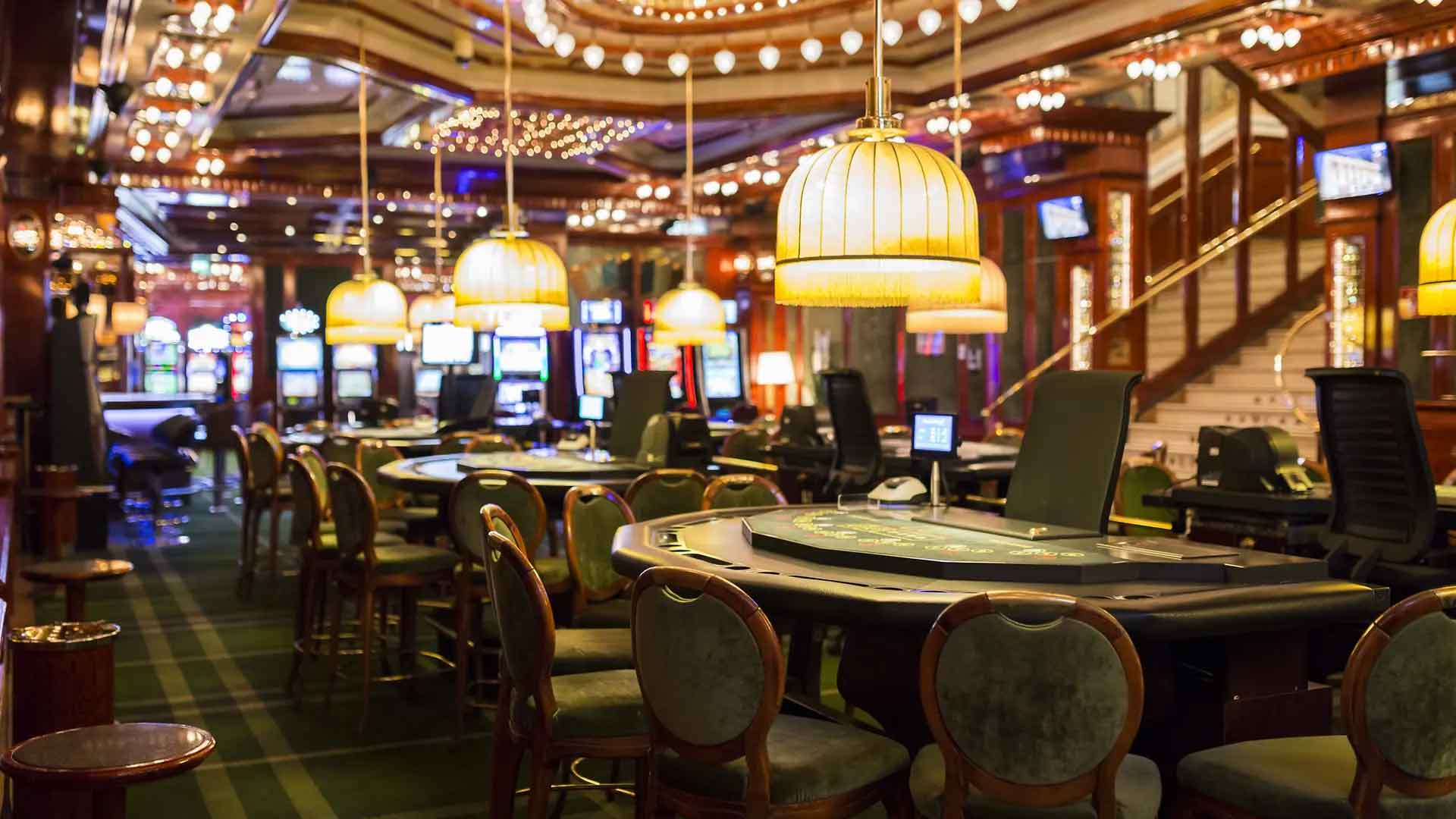Why Casino Nights Blur Reality

Why Casino Nights Blur Reality
The pulsating lights, the rhythmic clang of slot machines, the murmur of excited voices – a casino night is a meticulously crafted experience designed to transport you from the mundane into a world of heightened senses and blurred realities. For many, it's an exhilarating escape, a chance to test fate and dream big. But beneath the glittering surface lies a sophisticated psychological architecture, expertly engineered to make you lose track of time, money, and even your ordinary perceptions. Understanding this intricate dance between entertainment and manipulation is key to navigating the casino floor responsibly and enjoying the casino experience without succumbing to its more deceptive aspects.
One of the most immediate ways casinos achieve this distortion is through sensory overload. Imagine stepping into a vast, windowless hall, devoid of clocks. This intentional lack of natural light and time markers disorients visitors, making hours feel like minutes. The vibrant, flashing lights of slot machines and elaborate signage capture attention, creating a captivating visual spectacle. Simultaneously, a carefully curated soundscape, a symphony of chimes, jingles, and cheers, creates an atmosphere of perpetual winning and excitement, even when losses are mounting. The combination is hypnotic, pulling players deeper into the immersive environment of casino games, far removed from the outside world. Free drinks often contribute to this effect, further lowering inhibitions and clouding judgment, making it easier for players to stay longer and wager more on various real money casino games.
Beyond the sensory assault, the psychological mechanisms at play are even more profound. Gambling triggers a powerful dopamine rush in the brain, similar to other addictive activities. Near misses – where the outcome is tantalizingly close to a win – are particularly potent. They activate the brain's reward system almost as strongly as a win, encouraging players to continue, believing a big win is just around the corner. This feeds into the 'illusion of control,' where players believe their strategies, superstitions, or even a particular machine have an influence on random outcomes. Cognitive biases like the 'gambler's fallacy' (the belief that past events influence future independent events, e.g., after several losses, a win is "due") are subtly reinforced by the casino environment. This constant interplay of hope, near misses, and the brain's reward system creates a compelling, almost hypnotic loop that keeps individuals engaged in the high stakes game of chance.
The very nature of money within a casino also contributes to this blurring. Cash is exchanged for chips, abstract tokens that feel less "real" than paper money. This dissociation makes it easier to spend large sums without the immediate psychological impact of handling physical currency. The fast pace of many casino games, particularly at the roulette table or blackjack, demands quick decisions, leaving little room for reflection or calculation of accumulated losses. Whether you're playing poker with friends or trying your luck at various online casino games, the rapid turnover of money and the shift from tangible cash to abstract units accelerates the feeling of detachment from financial reality, fostering a sense of time distortion.
For many, a casino represents an escape, a temporary fantasy world where everyday worries fade into the background. It’s a place where ordinary people can feel like high rollers, where the thrill of risk offers a potent antidote to boredom or stress. This escapism is a powerful draw, offering a brief reprieve from reality. The promise of immediate gratification and the allure of life-changing wins feed into this fantasy, making it incredibly difficult to step away, even when losses mount. The desire for entertainment and the thrill of the chase often overshadow rational decision-making, leading to prolonged engagement and potentially irresponsible gambling habits. The entire atmosphere is crafted to foster this illusion, making it a compelling form of entertainment but also one that requires vigilance.
The rise of online gambling platforms has brought the casino experience directly into homes, replicating many of these effects without the physical presence. Online casino games, from virtual poker tables to captivating slot machines, are designed with similar psychological triggers. Flashing lights, engaging sound effects, and quick gameplay loops keep players engaged. The convenience of accessing real money games from anywhere, at any time, adds another layer of potential distortion, making it easier to lose track of time and spending. For example, exploring popular options like slot m88 allows players to experience the thrill of online slots, but the accessibility also means a greater need for self-awareness and responsible playing habits. The boundaries between online and offline reality can become equally blurred, requiring the same level of caution and control.
Ultimately, the captivating allure of casino nights, whether in a physical establishment or through an online platform, stems from a masterful blend of sensory stimulation, psychological engineering, and the human desire for excitement and escape. Recognizing how these environments are designed to manipulate perception is the first step towards responsible gambling. Maintaining awareness of time and money, setting strict limits, and understanding that outcomes are largely based on chance, not skill or intuition, are crucial. Enjoy the entertainment, embrace the thrill, but always remember that the shimmering world of the casino is a carefully constructed illusion, designed to blur reality just enough to keep you playing and seeking that next big win.